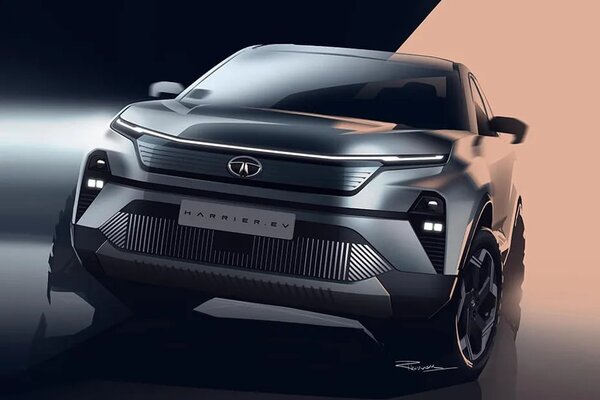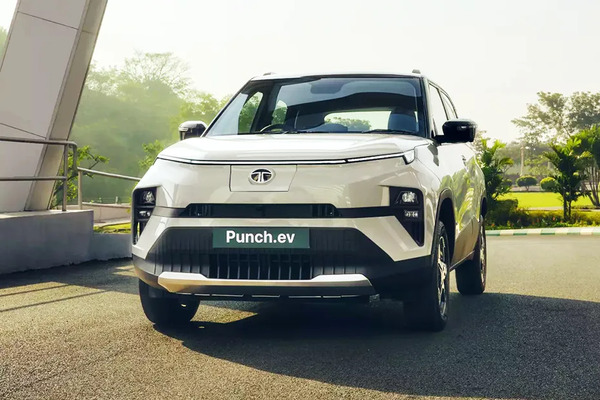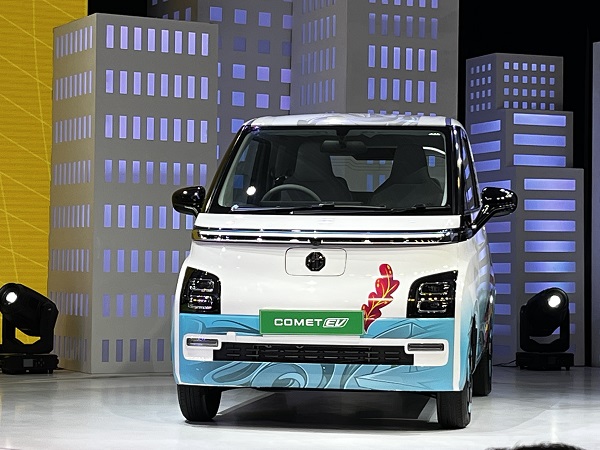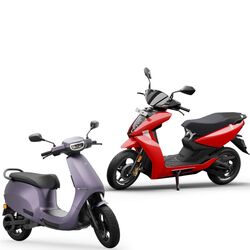Japan carmakers forge ahead with EV investments despite slowdown
- Japan has entered recession and EV sales are lukewarm at present. But Japanese car makers were well prepped for this.
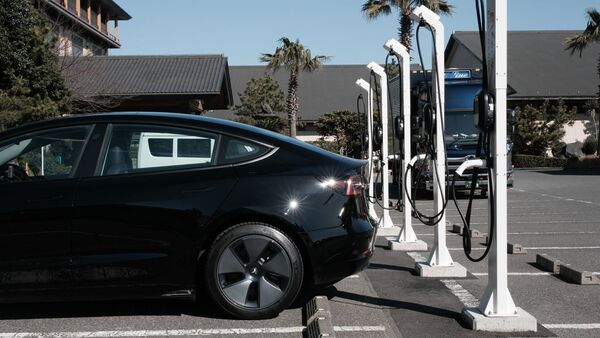

Japan’s carmakers are keeping their foot on the accelerator when it comes to investing in electric vehicles. Yes, EV sales growth is slowing, executives have said this earnings season. But this hasn’t come as a shock to manufacturers that largely have been content to let the rest of the world race to electrify before batteries are cheap and enough charging infrastructure is built.
In other words, Japan’s auto companies knew car buyers weren’t ready just yet to go electric as quickly as some hoped. “The customer decides the speed of electrification," Stephen Ma, Nissan Motor Co.’s chief financial officer, said this month. “Electrification is not linear growth, a straight line. It will go up and down. But long term, it will grow."
Also check these Vehicles
Carmakers including Tesla Inc. have been resetting expectations as the pace of EV expansion slows. Many consumers hit by high inflation and interest rates still find electric cars to be out of reach, and several automakers have yet to roll out products that appeal beyond luxury buyers or early adopters.
These factors have helped fuel record hybrid sales for Toyota Motor Corp. A weaker yen also is boosting profits across Japan’s auto sector, giving companies room to bide their time to build capacity and develop EVs at a more deliberate pace.
“There is always the danger that a hybrid becomes so attractive to an incumbent like Toyota, that they get trapped in it as well, and therefore are too slow in responding to the disruption" said Nathan Furr, a professor of strategy at the Insead business school in France. “There was a time when I worried this would be the case for Toyota. But now we are seeing a slowdown in the adoption and enthusiasm for EVs among consumers, so perhaps it is a wise strategy."
Honda Motor Co. CFO Eiji Fujimura said this month the company knew a slowdown in EVs could happen. Even so, he said “electrification must go forward" to achieve carbon neutrality, and the carmaker will keep pushing forward with its EV strategy.
Also Read : Sony, Honda partnership plans to storm markets with 3 EVs, including an SUV
Subaru Corp. Executive Vice President Tomoaki Emori said the company factored in the possibility that the EV market will reach a growth plateau when formulating its ¥1.5 trillion ($10 billion) investment plan for electrification.
Nissan, for its part, committed ¥2 trillion in 2021 to accelerate electrification over a five-year timespan. Ma said the company will make necessary investments to offer the right products to its customers.


No other Japanese carmaker has drawn as much criticism from environmental groups and some investors for its deliberative approach as Toyota, which has said that hybrids, alternative fuels including hydrogen and other technologies are needed in addition to battery EVs.
Toyota CFO Yoichi Miyazaki said hybrids that don’t require charging infrastructure are drawing consumer support as “a realistic solution." The world’s No. 1 carmaker is now preparing to sell 5 million gas-electric vehicles annually as soon as 2025, a year earlier than previously expected.
Toyota, Honda and Panasonic Holdings Corp. — which supplies car batteries to Tesla and Toyota — were the only Japanese businesses in the top 20 companies pledging foreign direct investment in EV-related activities between 2016 and 2022, according to the Financial Times’ database fDi Markets.
Outside of Japan, signs of a scaling back are everywhere, with the exception of China. Ford Motor Co. is reducing the number of workers making its F-150 Lightning truck, while General Motors Co. has delayed plans to expand its electric pickup production. Renault SA scrapped plans to list its electric-vehicle business, and Volkswagen AG has put off efforts to seek outside investors for its battery unit.
Tesla warned that its rate of expansion will be “notably lower" this year, and staff are bracing for potential job cuts, Bloomberg News reported earlier this month. The EV manufacturer’s shares have declined about 20% this year.
Despite the continued success of hybrids, Toyota’s Miyazaki said the company doesn’t believe they’re all that’s needed. Toyota will continue to pursue a full lineup that includes battery-electric, plug-in hybrid and hydrogen powertrains to “be ready to respond to any demand that comes our way," he said.









 64kWh
64kWh 350 km
350 km
